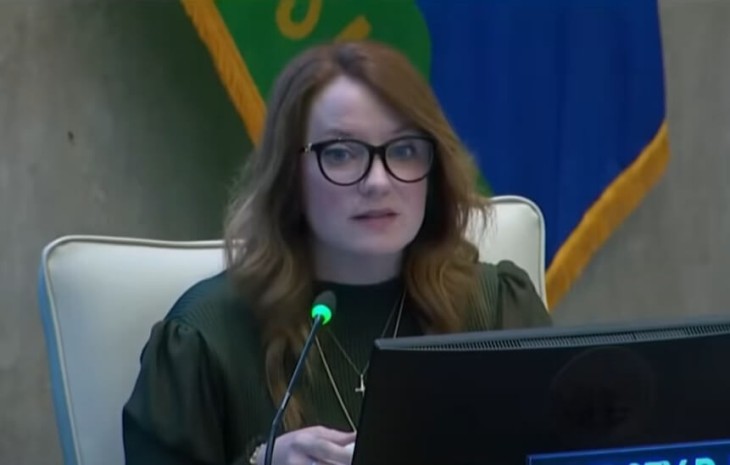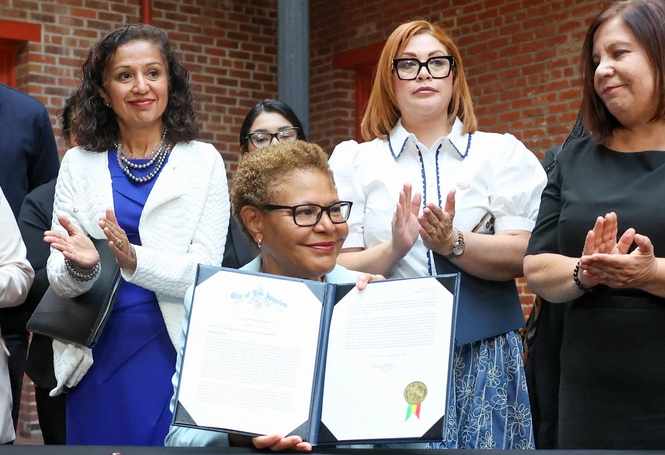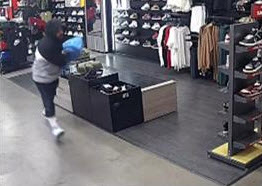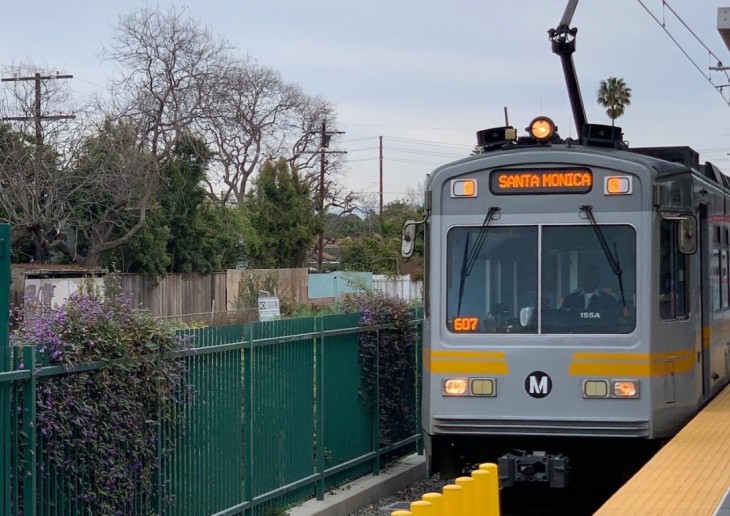Life during the Covid-19 pandemic is best described as flexible. For the better part of a year, there have been starts and stops to every aspect of society, from work, school, play, and more. The disruption to what we believed to be our normal life has been far-reaching.
Some businesses and individuals have found ways to be flexible and adaptive, while others have had more difficulties adjusting to the new normal.
In fact, many industries have been hard hit by the volatility of ever-changing public health orders. While some businesses have had to shutter their doors forever, there is a glimmer of hope for others.
Industries such as restaurants, retail, hotels, tourism, and hair, and nail salons are some of the hardest hit by the up-and-down cycle of opening and closing, and many have been closed for good as a result.
As local and state rates of infection influence public health orders, some businesses choose to ride out the wave of uncertainty.
Businesses That Adapt During The Pandemic Can Thrive
What’s certain is that those businesses that have been able to weather the storm and even thrive during the economic downturn are that they succeed by focusing on providing outstanding customer service to build and nurture brand loyalty.
The Londoner in Hermosa Beach is an excellent example of setting itself apart from other hair salons. During closures due to Covid-19, The Londoner’s owner Anthony Morrison would work every day, reaching out to staff and customers to stay relevant in their minds and expand their services to accommodate outdoor care.
By being flexible and from the owner’s personal outreach, specifically his efforts to reach out to their existing client base, the Londoner has found ways to survive and even thrive during the current economic uncertainty.
The Londoner spent a good portion of their downtime connecting with current clients, adapting their business to an outdoor model to comply with state regulations, and make the full transition to being recognized as a “green business.”
Other business owners haven’t been so resourceful or fortunate. Especially in the restaurant industry, where the constant push and pull of opening and closing due to changing public health orders has put an enormous strain on an already stressed sector.
The Federal Response
For their part, Congress has tried to pass additional economic relief programs to bolster the economy but has recently hit a snag that may affect people from receiving benefits in the short-term. While the relief bill’s immediate future seems inevitable, there are some preexisting benefits from early stimulus packages that may be of help.
Some of the unprecedented financial packages available from the original stimulus aid known as the “CARES” act passed in March 2020 have encouraged the Federal Reserve to keep historic low-interest rates. That’s great news for many individuals and businesses to find alternative funding sources to buoy themselves during these difficult times.
However, for subprime borrowers, funding can be more challenging to come by without additional Federal relief funds. For subprime borrowers, securing bad credit loans can be the difference between their businesses staying afloat or having to close their doors for good.
Whether through a business line-of-credit or personal loan to help meet the financial obligations during these economically challenging times, there is good news on the horizon. Finding a short-term solution for additional revenue streams is crucial right now as we’ve all experienced the volatility of dealing with the pandemic.
Help Is On The Way
With Pfizer and Moderna both authorized for emergency use of their COVID-19 vaccine, before long, the majority of people will have the opportunity to get a vaccine and a welcome return to normal.
As society opens back up, businesses will have a unique opportunity to grow and prosper, but the challenge is getting to that point in time. That’s where creative financing is an excellent opportunity for a flexible business owner.
Unfortunately, too many businesses could not adapt to the new conditions and have closed their doors for good. For those that created a flexible business model, there have been opportunities to maintain their current client pool, and in some instances, even thrive during their transition.
The challenge moving forward is for businesses to recognize how to adapt and survive. While it’s unknown the exact impact that the Covid-19 pandemic had on the economy and society-at-large, individuals and businesses that adopt a flexible mindset are best positioned to make it through these challenges successfully.


























